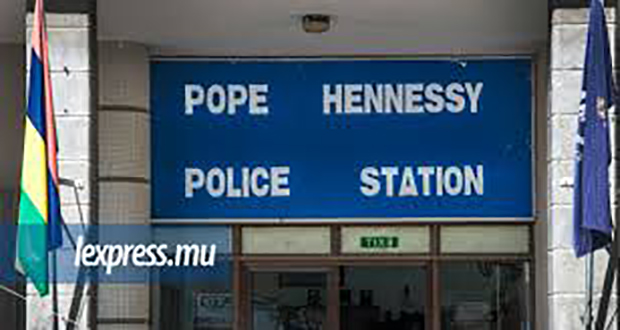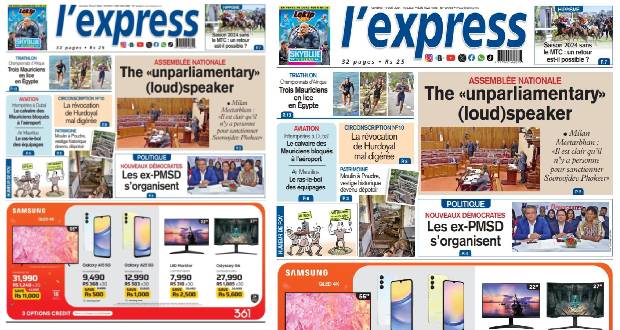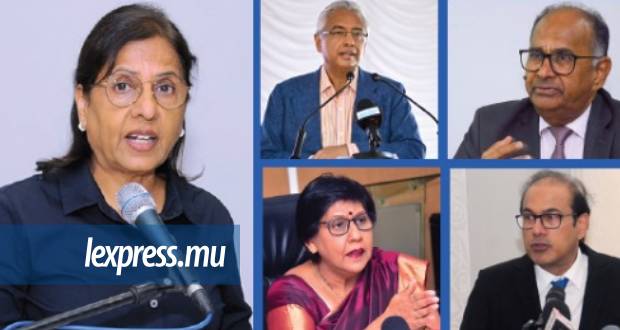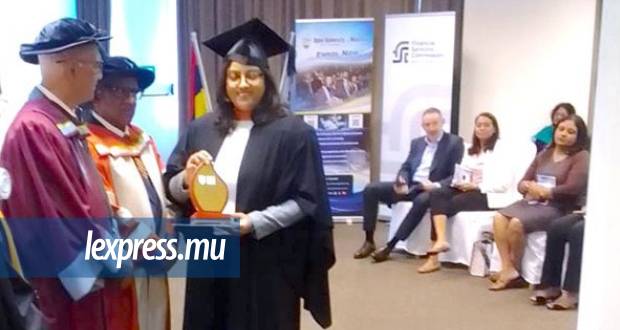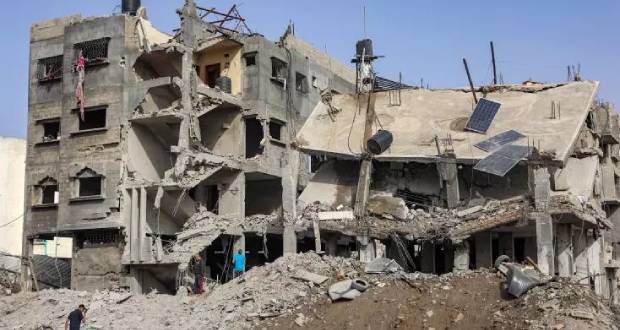Publicité
Tools of the Leader of Opposition in Mauritius
Par
Partager cet article
Tools of the Leader of Opposition in Mauritius
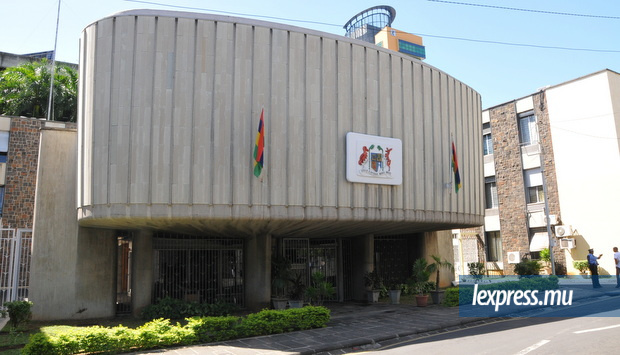
The functioning of our National Assembly is based on the Westminster system type of Parliament. The term ‘westminster’ itself originates from the borough where the House of Parliament sit in the City of London. Our National Assembly is presided by the Speaker who chairs the proceedings as per the Standing Orders of the National Assembly. The Standing Orders of the National Assembly take its sources from the traditions of the House of Commons and House of Lords.
The Speaker is constrained by the Standing Orders, traditions and also if in doubt by the Erskine May Parliamentary Practice 24th Edition, which is known as the Bible of Parliamentarians. The proceedings can go as far back as per the time of the glorious English Revolution. Note that our Constitution does not define and set up the duties of the Speaker.(Vide sections 50, 31 and 32 of the Constitution).
The ‘Opposition’ as we understand it in our common parlance is not found as such in our Constitution but section 73 (5) defines Opposition party as a group of members of the National Assembly whose number include a leader who commands their support in opposition to the government. Opposition according to the Chambers Concise Dictionary, Opposition with defines article ‘the’ before as ‘a political party which opposes the party in power’. But our Constitution does make provision for a Leader of the Opposition who shall be appointed by the President of Republic (vide section 73(1) of our Constitution).
And it is important to underline that the Leader of Opposition remains in Office even after the dissolution of the National Assembly (vide section 73(3) of the Constitution) until the time he/she is informed by the President that latter is about to appoint another person as Leader of the Opposition.
His role
The primary role of the Leader of Opposition in our modern system of government is to shadow the government (policies, absence of policies – act of corruption – issues of international importance) on a round the clock basis. What are the tools at the hands of the Leader of Opposition?
Private Notice Question (PNQ) : The PNQ is a question to any minister that the Leader of Opposition send to the Clerk of the National Assembly by latest 09 00 hours on the day the National Assembly sits, before the proceedings starts. The PNQ is a device which has been very well tooled by prior Leaders of Opposition. But whether we like it or not Paul Bérenger has embodied that post with his numerous PNQs. On the other hand Navin Ramgoolam was more statesman in his job.
The big differences between PNQ and a PQ are: PNQ contrary to PQ does not give much time to the government to prepare itself to assuage the answers. If the National Assembly is not on vacation it can force the government to be proactive in order not to be ridiculed for example requesting a member of the government to resign (example the resignation of Hon. Dayal) or a head of a parastatal body or a senior member of the executive (example the suspension of DCP Seerunghen on the day of PNQ of the Leader of Opposition). For the Leader of Opposition to be allowed to put a PNQ he must not put a question on the Order paper for oral answer. A PNQ will always attract publicity thus triggering debates around same. It is mainly a joust between the Leader of Opposition and the Prime minister.
The Leader of Opposition must however burn the midnight’s lamp for his PNQ,s as a badly prepared PNQ can boomerang on him/her with its disastrous effects. The government will anticipate what the PNQ will be and will prepare different scenarios. I believe that the NSS does help the government through its phonetapping… That’s why Leaders of Opposition must be very cautious on their use of mobile phones.
Ramgoolam, Sir Gaetan Duval and Bérenger were very economical with questions which they did not know the answers. So for PNQ’s to be used regularly the Leader of Opposition must build a powerful network of contact within the government and other centres of power or decisions (be it Trade Union or NGOs). A Leader of Opposition who has asked a PNQ only for the sake of same will be surprised by the negative outfall. The Leader of Opposition must know that his display will be magnified by the live coverage.
Parliamentary Questions: The Leader of Opposition must not send PQ for oral answers as same will deprive him/her of PNQ but make sure that the Whip of the Opposition do the needful to always have a bagful of questions for every sitting. The PQs must be sent or left at the Clerk Office not later than 2 o’clock and not less than four days excluding Sunday and Public Holidays before the sitting.
The Leader of Opposition must always follow the set of questions as the Chief Whip of government will use the same tool for complacent questions.
The Leader of Opposition must know that PQ,s and PNQ’s are not allowed on : Opening of a session when the President of Republic is delivering his speech or out of courtesy when a foreign President is delivering a speech…(see the day late Abdul Kalam made his speech in Vaghjee Hall), when the minister of Finance delivers his Budget speech, on the day fixed for Appropriation Bill or a Supplementary Appropriation Bill by the Committee of Supply
Supplementary Questions: Without homework there can’t be supplementary questions unless you are a ‘clown’ or you have ‘Honourable clown’ in front of you.
Mastering of Standing Orders: I believe that a Leader of Opposition must take time to study Standing Orders and Erskine May rulings of the Speaker in order to be efficient. The present Leader of Opposition will surely liaise with Hon. Bérenger or former Prime minister Ramgoolam in order to make sure he is not committing a ‘bévue’.
Petitions: Another tool in the hands of the Speaker is Petition which has rarely been used by Leaders of Opposition.
Press conferences: Leaders of Opposition can’t take rest or make as if they have other businesses to attend. Weekly press conferences is a must as every Friday Cabinet sits and will take numerous decisions which should be monitored.
The Leader of Opposition can’t delay his stand on the grounds he has not been able to study the Bill or the intricacies of the decision. He must be alert and fully prepared. That’s why Navin Ramgoolam had a team and a plethora of advisors around him.
Letters: The England Leader of Opposition will often write press articles to express succinctly his views on policies of major importance for the Kingdom(See Jeremy Corbyn or even Neil Kinnock, Leader of Opposition of England between 1983 to 1992). It is therefore imperative for the Leader of Opposition to have a working stand by think tank. With the adventof modern communication tools a press article or a posting on the facebook of the Leader of Opposition will attract a lot of reaction.
Other tools that can be used by a Leader of Opposition (non-exhaustive): Press communiqué, meetings with specific groups (Trade Unions, Student Unions of Colleges, universities, NGOs, clubs….), motion of no confidence on the government to pin down the government in its failures, public meetings (including forum on specific subjects such as food security, walk out (must be used very very sparingly), boycott of government activities or a specific minister for clear reasons,
The Leader of Opposition have many tools provided he is well surrounded. Numerical force within the National Assembly is not enough to whittle down any government in power. He must find ways for all MNAs to meet to discuss certain issues so that there is no perception of division. He must strive to unite the Opposition and don’t let any inch for the government to divide to rule.
In the Westminster tradition, the Opposition is the alternative government or the alternative Prime minister. The present Leader of Opposition will be doing his job under the expert gaze of the former Leader of Opposition. There is no room for failure as it will be equivalent of failing the Republic of Mauritius.
Publicité
Les plus récents
